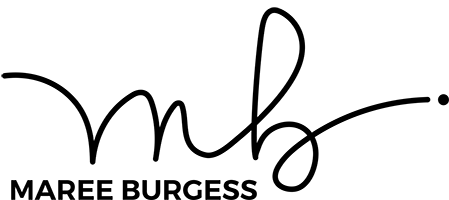
What is really being said - achieving outcomes and goals through questioning
"Most teachers waste their time by asking questions which are intended to discover what a pupil does not know, whereas the true art of questioning has for its purpose to discover what the pupil knows or is capable of knowing." - Albert Einstein
There’s a lovely story by Bill 'Swampy' Marsh from his Great Australian Droving Stories. Swampy spent his life droving. One of his gems is when he talks about his education.
"I mightn’t have had the best educations but I was bush smart. See, you learn a lot in the bush. You learn to watch, you learn to listen and you don’t miss a thing." Swampy knew the best coaching tip I have which is to watch and listen.
Just like with people, ask a question, then watch and listen. The person you are talking with will always communicate their response, verbally or non-verbally.
Questions open up the person's model of the world. We cannot not respond to a question. Even if the answer is 'I don’t know' we have had to examine our experiences to respond with that answer.
Questions are like the torch we hold in the darkened room – they shine the spotlight onto different aspects of who we are. A good question will illuminate different aspects or even open up new areas to explore.
Often people are looking for answers in areas they are familiar with; trying the same things over and over to change something. One definition of insanity is 'doing the same thing over and over and expecting a different result'.
When we ask a good question we give the other person an opportunity to search through their experiences and find answers they didn't even know they had. Answers don’t lie in the place we're familiar with, otherwise we would already have found them.
So - what questions should we ask? Any question is usually a good question. Questions like:
Where are you presently?
This question is useful to set the benchmark for where the other person is at, at this present time. It gives them an opportunity to reflect on their values, strengths and weaknesses and their accomplishments. Often people don't focus on the present moment; they are busy focusing on the past or the future that they haven't actually identified or clarified where they are.
Where do you want to get to?
Unless they know where they want to get to, how can they set the intention to get there? It would be like arriving by plane from another city, getting into a taxi and when asked 'where to?' say 'well I don't want to go to the City, and I don't want to go into the country'! How will the taxi driver know where to take you with directions like this?
Knowing where someone wants to get to is half the effort in achieving it. Making people articulate this also clarifies for them what it is (or even possibly, what it isn't) that they want to achieve.
What is your purpose for achieving that?
A 'for what purpose' type question creates a future focus for the person you are asking. Identifying the real purpose for achieving something also strengthens their ability to achieve it. Asked artfully, this question can also show the gaps in a person's reasoning. They may actually discover that what they thought they always wanted isn't something they really want after all.
What prevents you from reaching that?
People want things all the time. Which doesn't mean that they always get what they want. So why don't they? What is preventing them? Maybe they don't have the resources or skills to achieve it yet. Maybe they haven't put in enough effort. Whatever it is, articulating those things that are preventing them for reaching their outcomes creates an opportunity to identify the steps needed to overcome them.
Once you've asked a question zip your mouth and then watch and listen.
No more excuses!

